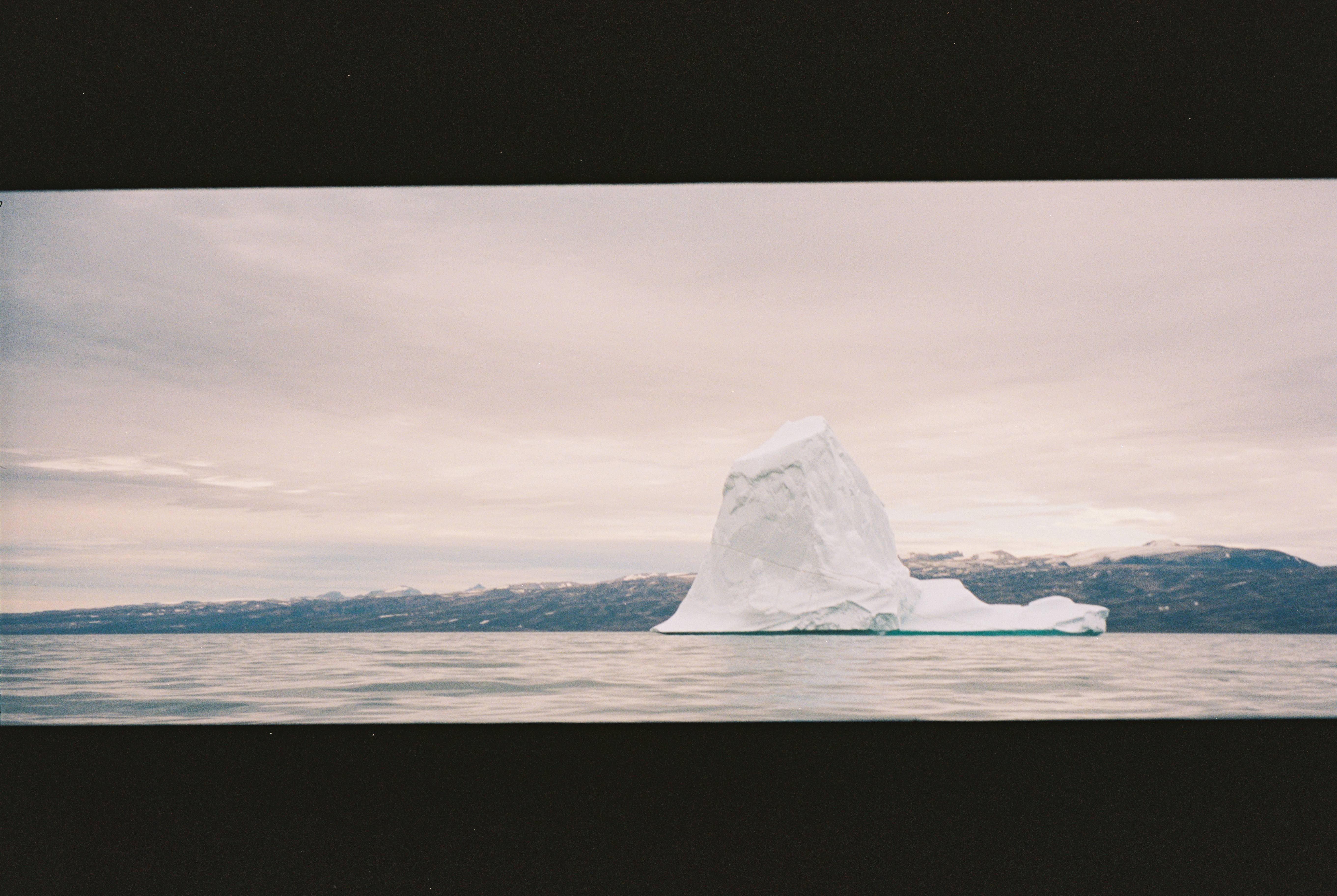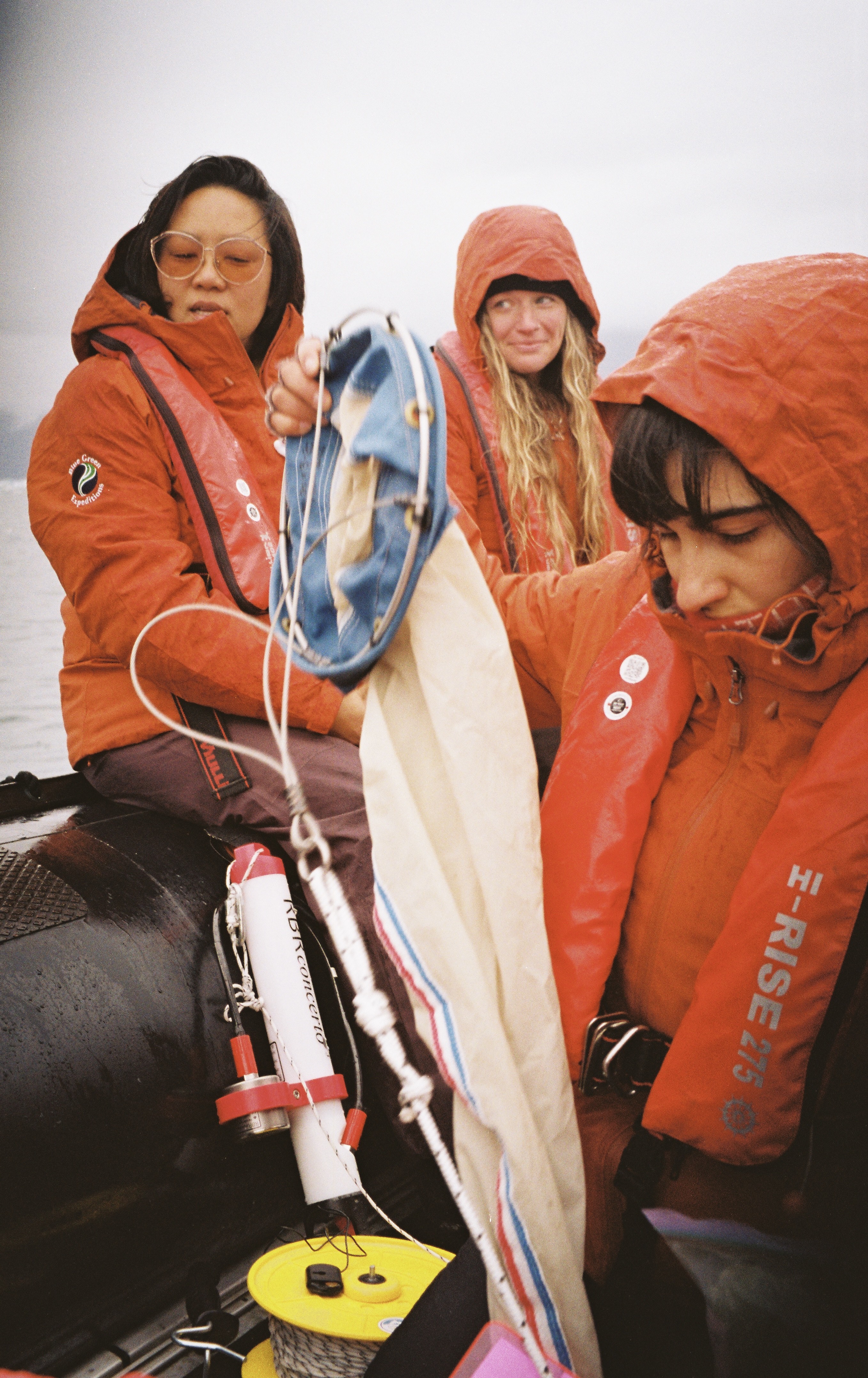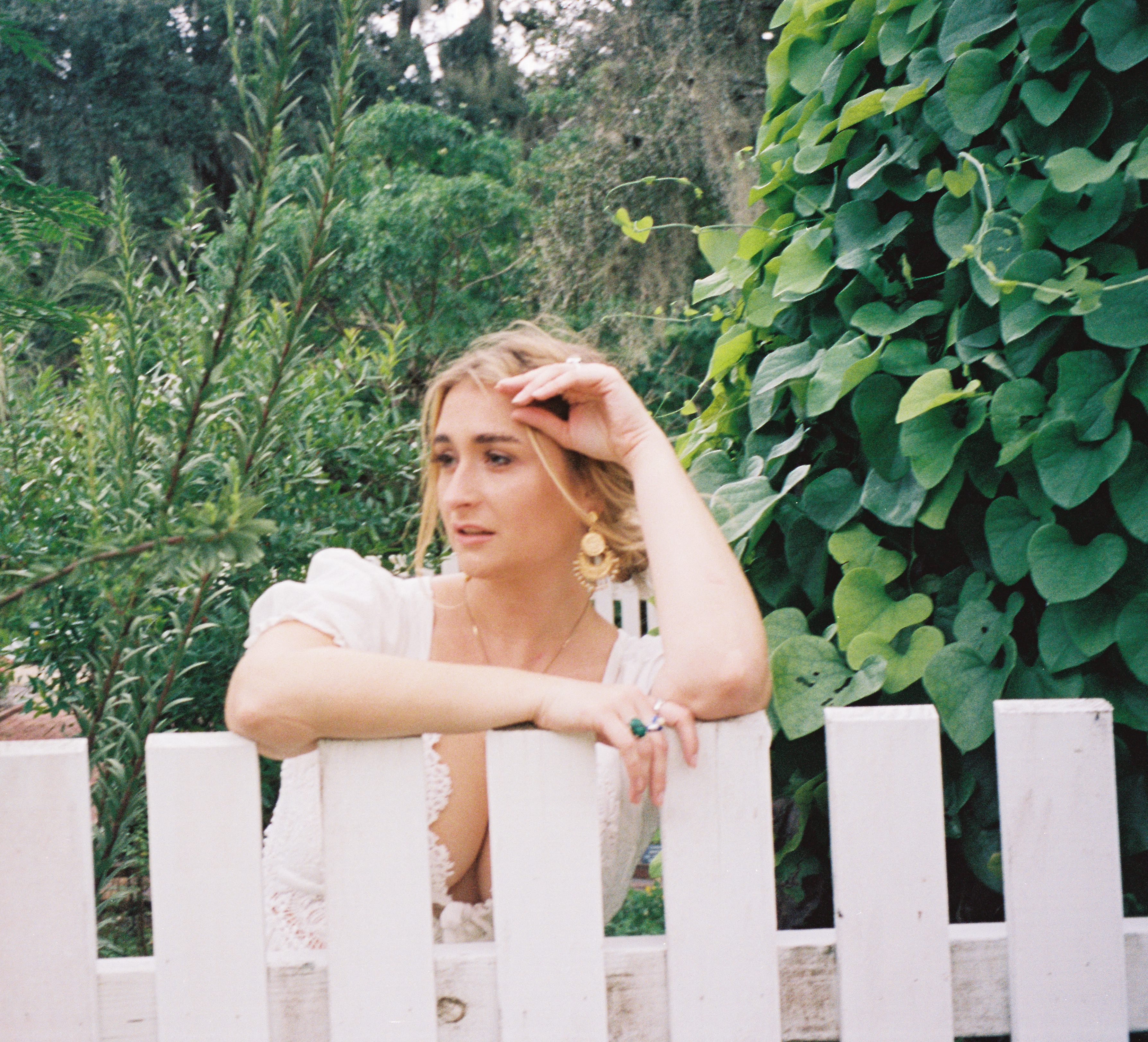SeaStory: Arctic Reflections


I was asked to recap our recent expedition to the Arctic with Blue Green Expeditions. It seemed as every day could’ve not only been its own chapter but its own story. How can you summarize the varying interpersonal connections, impactful conversations, presentations given from other scientists and artists, research successes and challenges, descriptions of the otherworldly views, joyful moments, etc., that not only varied from day to day but hour to hour? It is a difficult task, but not an impossible one. On our recent Arctic expedition with Blue Green Expeditions, we all became witnesses to experiences and emotions we hadn't even known existed-yet we embraced them fully, reveling in the sensation of the unknown. That, at its core, is the essence of adventure. We all had this shared sense of adventure and deep appreciation for our oceans, despite what your “role on board” was. Whether you were one of the researchers, filmmakers, divers, staff, or crew, we were all there for a reason. I don’t think that reason was to idly just watch the view go by. Somehow, we all found our own place on the expedition, and I believe it was based on that shared sense of adventure and care for our planet.
However, it is easy to feel small or unfit when you’re just beginning/ restarting your career and you’re sitting in between an Emmy-winning wildlife filmmaker and one of the top shark biologists in the world. Initially, it was difficult to make those conversations and connections. However, there is a lot of power in standing in who you are, being confident in your knowledge, while being open to receiving more through a natural sense of curiosity. That was what got me through the initial imposter syndrome. If you are here, you belong here. I truly believe that was everyone’s attitude no matter what your role. Not only because this was said to me on occasion, but because it goes back to that shared, unspoken sense of adventure and ocean advocacy we all shared.
The entire trip still feels like a dream that I am slowly waking up from. I still need to complete some retroactive journaling to fill in the gaps. Overall, Project Blue Eco was a success. Our only real challenges were a broken thermometer and one instance where we couldn’t listen to the real-time recording due to a missing aux cord (though it didn’t affect data collection). In research, challenges are expected and drive innovation. If you want to be a field researcher, creative problem-solving is key. In the grand scheme, these small issues were minor. Every hydrophone drop went smoothly, and data was collected safely and on time.
The project was well-received, with people eager to join and participate. Some even returned multiple times because they were so invested. It’s easy to develop awe for ocean sciences when you're experiencing the vastness of it firsthand—like hearing ice break and echo underwater. We also teamed up with Dr. Martina Mascioni of FjordPhyto for joint data collection days.
I don’t see Project Blue Echo ending here, nor is this my last expedition. The project will only grow, especially once NOAA publishes it. This was just the first step, and we’re already seeing positive signs, like the Seabirds’ recovery and our first major grant during the expedition. It’s only up from here. As hopeful as it may sound, I have a strong feeling that my next expedition is just around the corner. Until then, I’ll carry the knowledge, lessons, experiences, and the Arctic environment with me.




